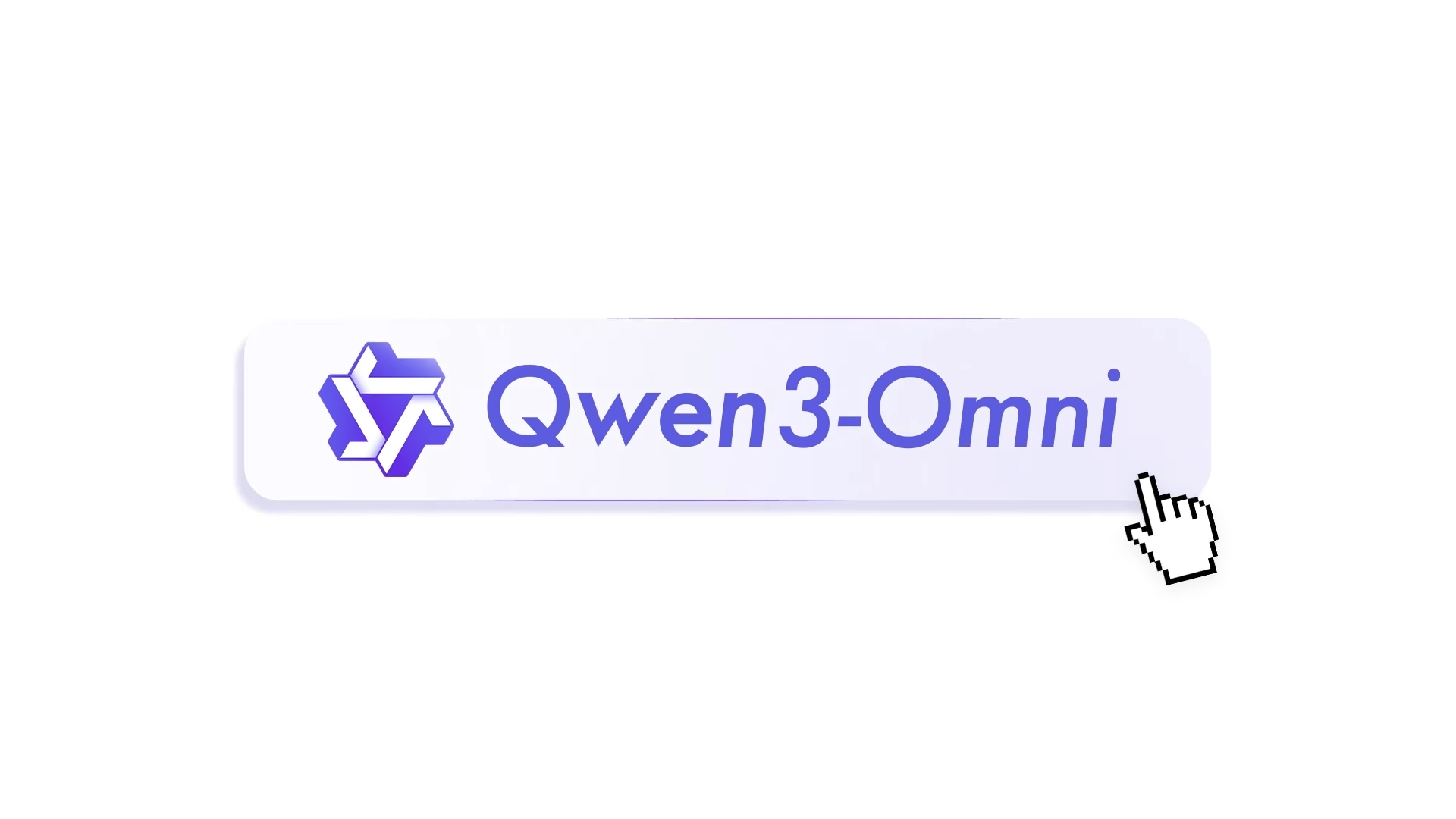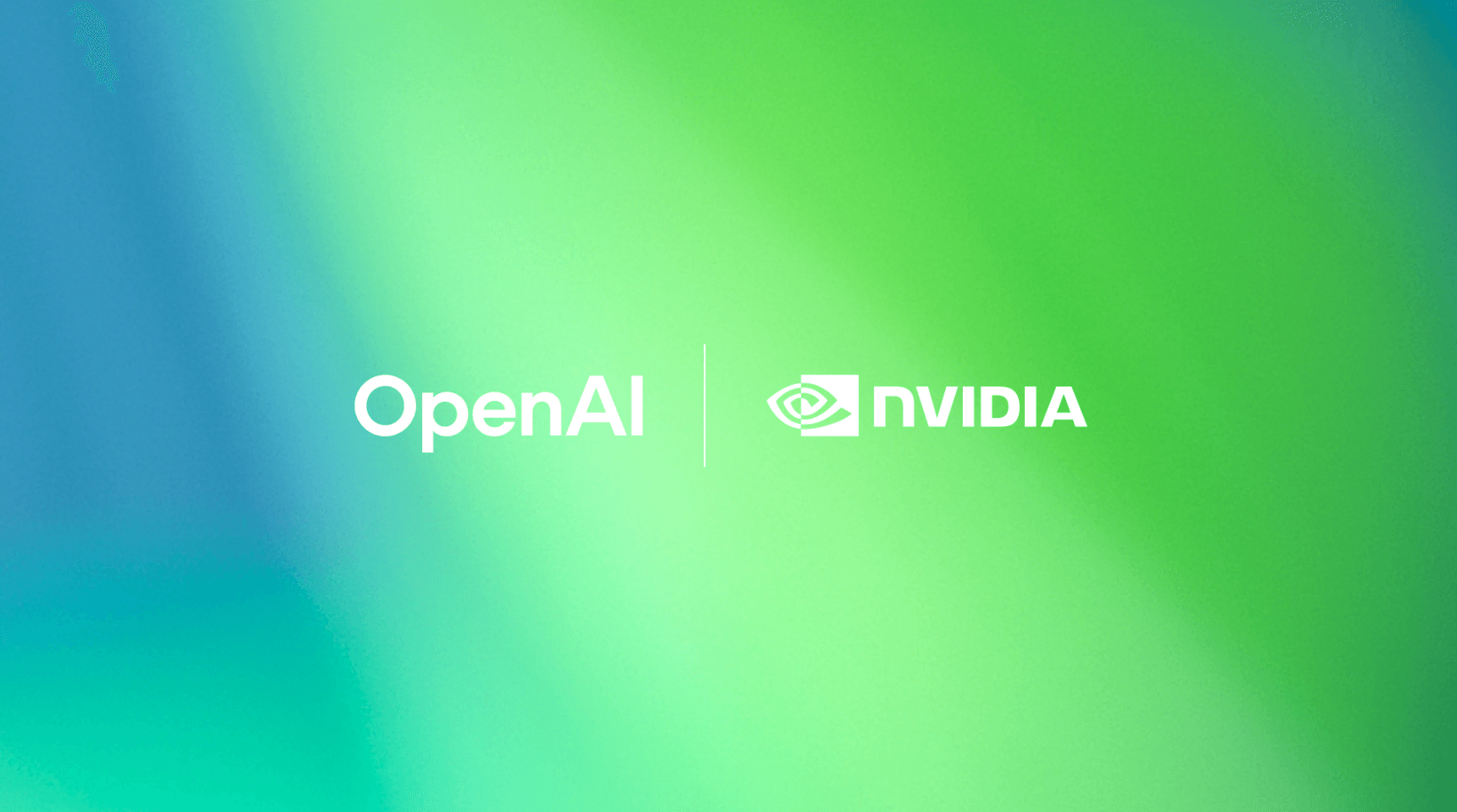Read full article about: Melanie Mitchell accuses NYT columnist Thomas Friedman of "magical thinking" about AI
Cognitive scientist Melanie Mitchell is pushing back against recent New York Times columns by writer Thomas Friedman, criticizing his framing of advanced AI.
In his pieces, Friedman calls for close U.S.-China collaboration on AI regulation and warns of an approaching "superintelligence." Much of his argument leans on comments from his friend Craig Mundie, the former Microsoft executive, as well as media reports. Mitchell says these claims lack scientific evidence. According to her, examples Friedman cites - like AI "teaching itself" new languages or chatbots pursuing their own hidden agendas - can be explained by training data and have been debunked.
Mitchell describes Friedman’s outlook as "magical thinking." In her view, he ascribes AI with mysterious powers that actually stem from human data and relatively simple mechanisms. She warns that because of Friedman’s broad reach, these myths risk shaping public understanding of AI. Instead of speculative scenarios, Mitchell argues for fact-based realism and human-led regulation.








